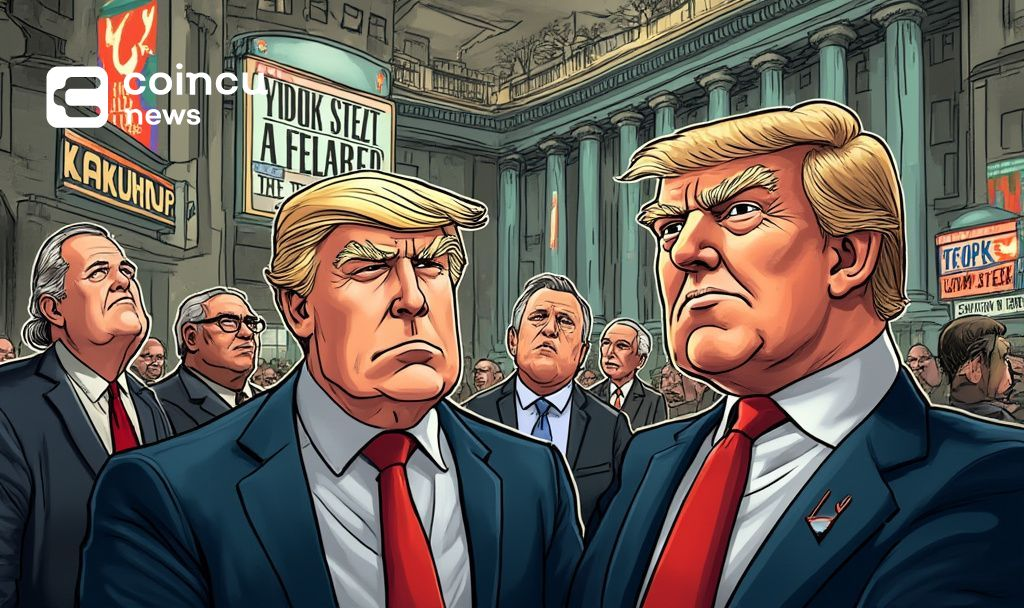 CaryptosHeadlines Media Has Launched Its Native Token CHT.
Airdrop Is Live For Everyone, Claim Instant 5000 CHT Tokens Worth Of $50 USDT.
Join the Airdrop at the official website,
CryptosHeadlinesToken.com
CaryptosHeadlines Media Has Launched Its Native Token CHT.
Airdrop Is Live For Everyone, Claim Instant 5000 CHT Tokens Worth Of $50 USDT.
Join the Airdrop at the official website,
CryptosHeadlinesToken.com
- The recent Forbes investigation reveals Wall Street’s disapproval of Trump’s economic strategy.
- 72% of leaders express disappointment.
- Cryptocurrency policy receives a poor score.


Forbes recently uncovered widespread disapproval among Wall Street’s top executives regarding President Trump’s economic policies since he resumed office.
This shift among financial elites could influence broader market sentiment and approaches to economic strategies.
72% of Wall Street Disappointed with Trump
Forbes engaged 50 leading Wall Street executives including billionaire investors and heads of major financial institutions to assess President Trump’s economic policies. Notably, 72% express disappointment, while 66% no longer support his strategies, signaling a shift in sentiment.
Key areas such as tariff policy and stock market strategy received low scores, highlighting dissatisfaction. Moreover, cryptocurrency policy was notably criticized, reflecting a lack of confidence in Trump’s approach to digital assets.
While no major figures issued public statements, the financial community’s overall sentiment indicates concerns. Industry leaders emphasized Trump’s failure to deliver on economic promises, potentially disrupting market stability.
Criticisms Focus on Tariffs and Crypto Failures
Did you know? Forbes noted Trump previously enacted tax reforms and tariffs with mixed feedback, whereas now more leaders critique his unmet economic promises.
Historically, Trump’s earlier economic strategies, centered around tax cuts and trade policies, drew mixed reactions. However, current policies have shifted focus from previous successes towards economic skepticism, especially concerning digital finance.
Experts anticipate that poor policy ratings could impact Wall Street’s willingness to engage with Trump’s financial measures, potentially affecting market innovation and capital allocation, particularly in the cryptocurrency sector.
“It appears that many industry leaders are concerned about the administration’s failure to meet economic expectations, which could lead to broader market uncertainty,” noted an anonymous executive during the investigation.












